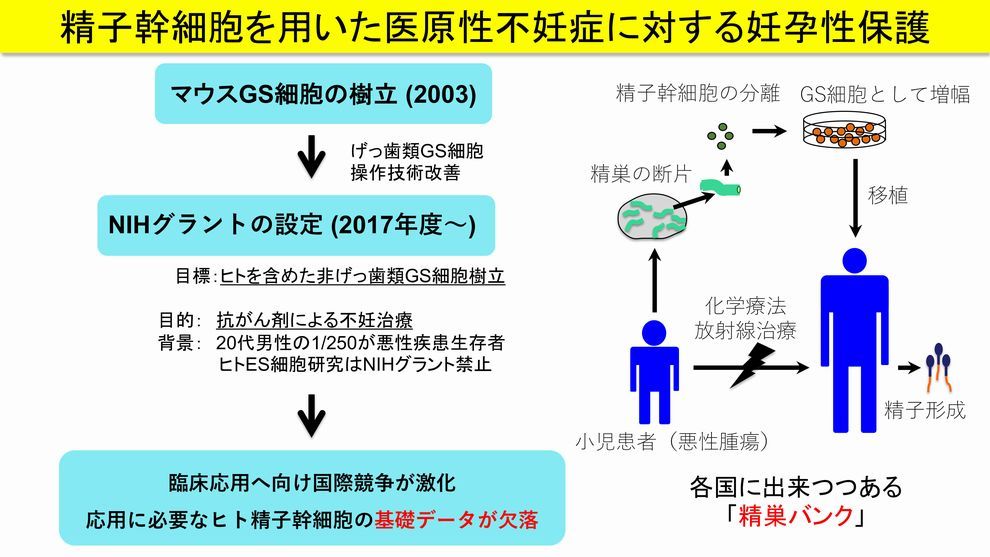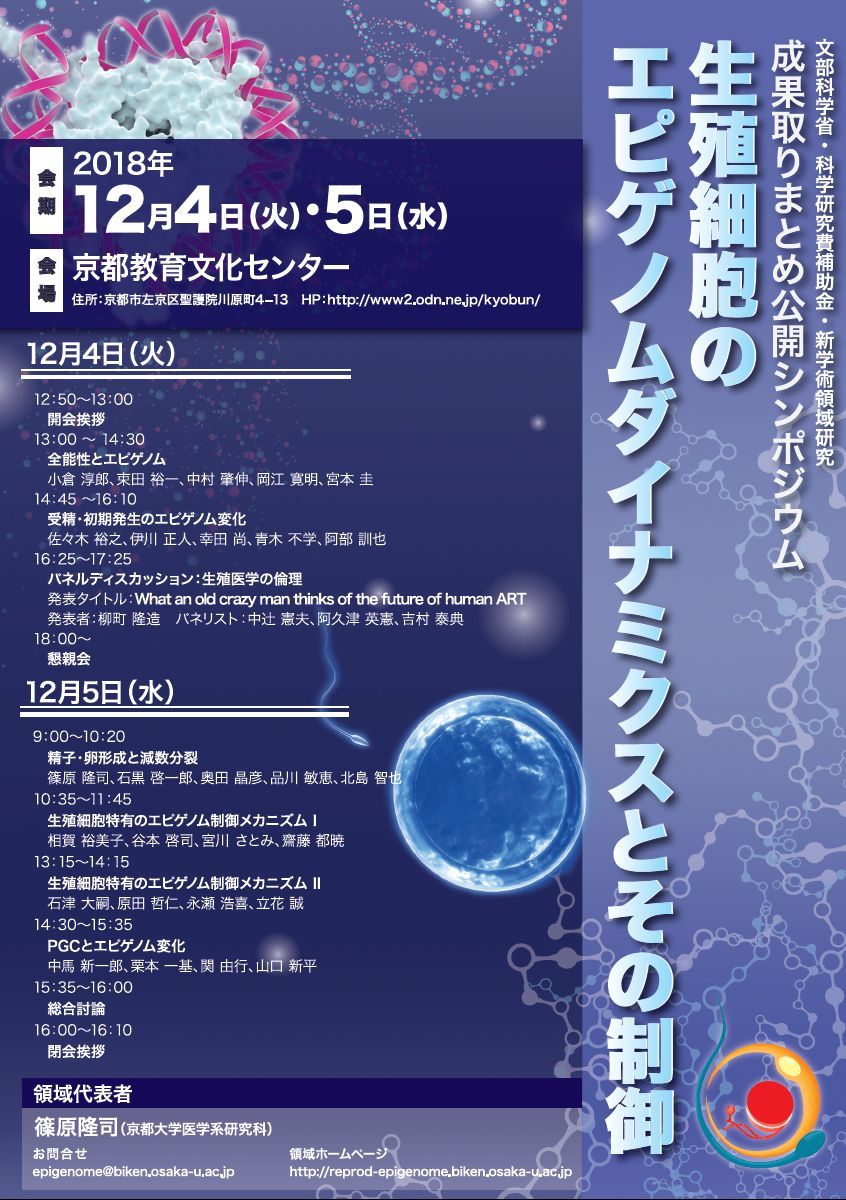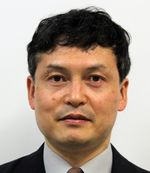Purification and culture of primate/human spermatogonial stem cells
Project Gist
Establishment of a long-term culture system for human/primate spermatogonial stem cells
Keywords
Spermatogenesis, Stem cell, Culture, Male infertility, Transplantation
Background and Purpose
Recent development of cancer therapy has improved the survival rate of cancer patients. However, such treatments often causes male infertility due to destruction of germ cells. Although it is possible to store sperm from adult males, it is impossible to protect fertility of prepubertal boys who do not have sperm. Spermatogonial stem cell (SSC) culture and transplantation are considered to be a valuable solution to this problem. However, very little is known about the biology of primate/human SSCs.
Project Achievements
For transplantation therapy of male infertility, it is necessary to establish a culture system for SSCs to expand their number in vitro. However, very little information is available for gene expression patterns in human SSCs, and critical growth factors for human SSCs have not been identified. In this project, we identified a novel tyrosine kinase receptor on human SSCs. By using antibodies against this molecule, it is possible to collect a highly purified SSC population. Because this molecule enhances self-renewal signals in mouse SSCs, we expect that stimulation of this molecule will be useful for establishing a long-term culture system for human SSCs.
Future Prospects
My immediate goal is to develop a long-term culture system for human spermatogonial stem cells. Although it is difficult to obtain human testis samples in Japan, they are now readily available by collaboration with US researchers through SPIRITS project. In the future, I would like to make a culture system for in vitro spermatogenesis.
Figure


Joint Research/Academic Institutions Abroad
University of Pittsburgh, Utrecht University
Principal Investigator

・SHINOHARA Takashi
・Graduate School of Medicine
・SHINOHARA Takashi became interested in germ cells when he was a undergraduate student. In 2003, he developed a long-term culture technique for mouse spermatogonial stem cells. He is now working to extend the culture techniques to non-rodent animals and also tries to produce sperm in vitro.
http://www2.mfour.med.kyoto-u.ac.jp/~molgen/research_summary.html
